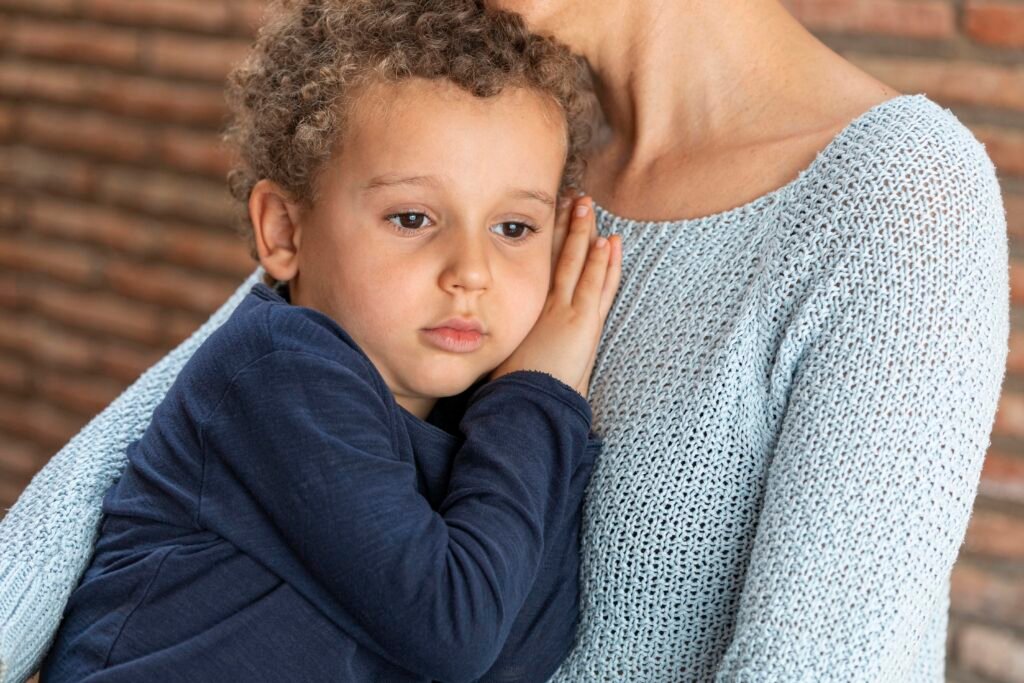No one would be able to explain how parenting through grief feels except when it is experienced. For children, it is a huge life event and the will to cope with this process lies solely on the parent or guardian’s support. The grieving process is different for everyone, but when you are responsible for guiding your child through their grief while managing your own, it adds another layer of difficulty.
Children may not fully understand what has happened or how to process their feelings, and they often look to the adults around them for guidance. Therefore, by providing the right support, you help them develop healthy coping mechanisms that benefit their lives.
Let’s explore practical ways to communicate loss and the grief process and ways to provide emotional support for children.
Communicating About Loss
Creating an open and honest dialogue is the foundation for helping children understand and process the loss of a dear one. It is important to indulge in an environment where they feel safe expressing their thoughts and asking questions.
It would be best if you learned how to go about asking them in order not to trigger their sensitive part, here is an example– Start with a simple conversation like, “I know you might have questions about what happened to Grandpa. It’s okay to talk about it, and I’m here to listen.” It’s like pouring calm water on their troubled mind.
Provide Your Child with Emotional Support
Being present and available for your child means offering your full attention and being physically and emotionally there to support and comfort them. This might mean setting aside your grief momentarily to focus on their needs. Simple acts like sitting with them, holding their hand, or being nearby can offer immense comfort.
It would help if you let your children know that their feelings about the loss are valid and you will be right here whenever they need a shoulder to cry and lean on.
Seek Professional Help if Need be
Your child can either grief in a healthy way or an unhealthy way, you have to figure out how best you can help. Certain signs might indicate that your child might benefit from professional help like counseling sessions. They are:
- Persistent sadness or depression lasting more than a few weeks
- Severe anxiety, difficulty concentrating, or a sudden drop in school performance
- Extreme changes in eating or sleeping patterns
- Expressing feelings of hopelessness or talking about wanting to join the deceased
Therefore, the journey through grief is deeply unique and personal to each child. Your unwavering love, care, and support kickstart their healing journey in no time.









